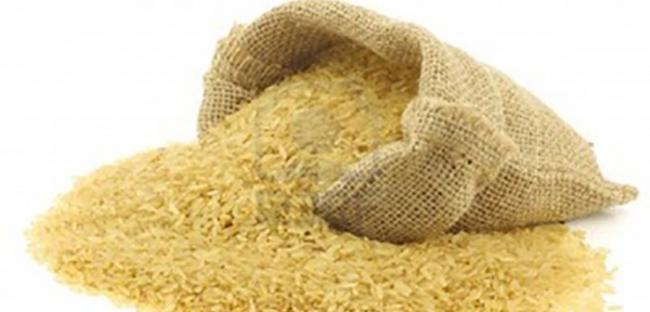


Smugglers flood Nigerian markets with expired rice

SMUGGLERS seem to have taken over the Nigerian rice market, flooding the country with toxic and expired products. Reports of hundreds of trailers crossing the porous borders of the country are becoming worrisome in recent weeks, endangering government’s plans to achieve self-sufficiency in rice production.
Consequently, stakeholders have urged the Nigeria Customs Service (NCS) to curb smuggling while calling on NAFDAC to take urgent action by inspecting rice stored at several locations across the country. Supply of expired and poisonous rice to unsuspecting consumers could rapidly develop into a major health disaster if left unchecked. The group asked the attention of the Presidency and concerned departments so that corrective action could be taken immediately.
With unmet demand of more than 3 million tonnes annually and owing to inadequate local production, Nigeria’s rice needs are currently restricted for legal imports due to high import tariff and lack of cohesive policy.
Nigerian importers are expected to pay full tariff of 70 per cent compared to smugglers who enjoy a free ride into the market, with little tariffs in neighbouring Cameroon and Republic of Benin, taking advantage of porous borders. This is even as the Central Bank of Nigeria (CBN) had since restricted access to foreign exchange for rice imports, among other products, choking the import supply chain.
Observers believe the shortage in the market was now being exploited by smugglers.
Recently, the National Rice Millers Association of Nigeria (NRMAN), had complained that the NCS erred in its decision to lift the ban on importation of rice through the land borders. The Chairman of the association said if the customs succeeds in its decision, it would destroy Nigeria’s rice value chain attained by the previous administration.
There have been reports that huge influx of imported rice have been noticed in the market from last Saturday, the worst affected being Lagos and South West. Rice arrives in big trailers with 1200- 1500 numbers of 50kg bags from Cotonou. There is substantial under-declaration and non-payment aspects in these shipments, making it non-viable for legal importers and local producers to compete with these shipments.
The Chairman of Seaport Terminal Operators Association of Nigeria (STOAN), Vicky Haastrup, puts the local production capacity at 30 per cent. “It is a fact that local production cannot match local demand, which creates a recipe for smuggling,” she said.
Source: The Sun
Share this post
Naijanetwork Forum Statistics
Threads: 14843,
Posts: 17902,
Members: 6711


